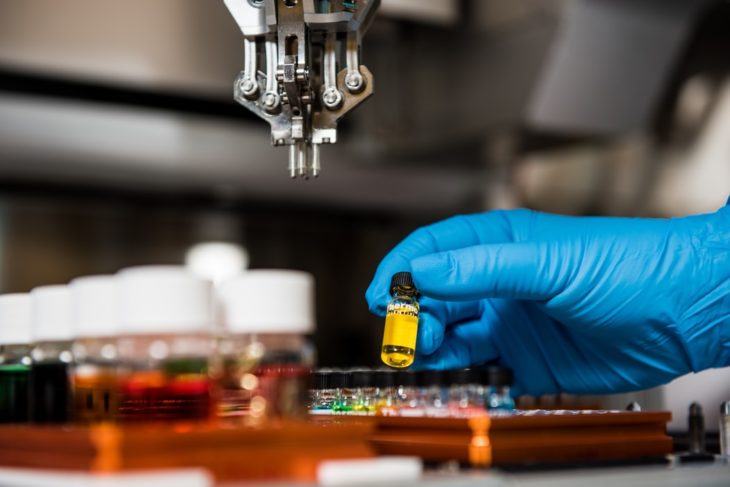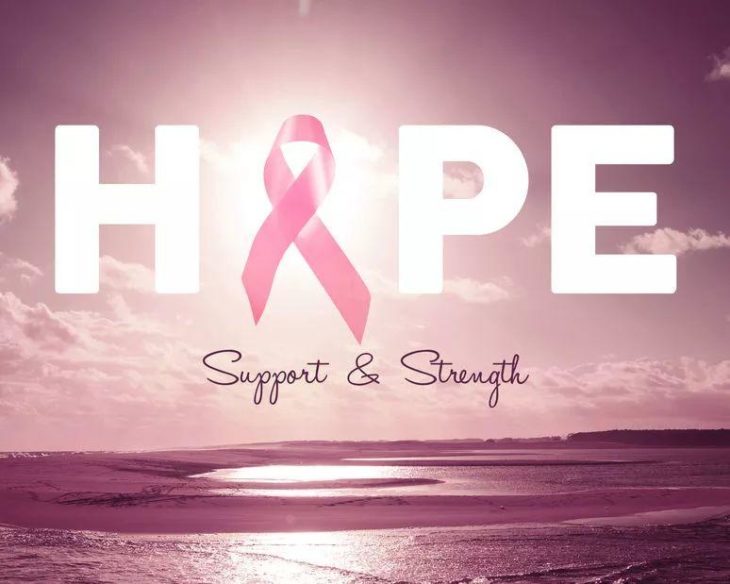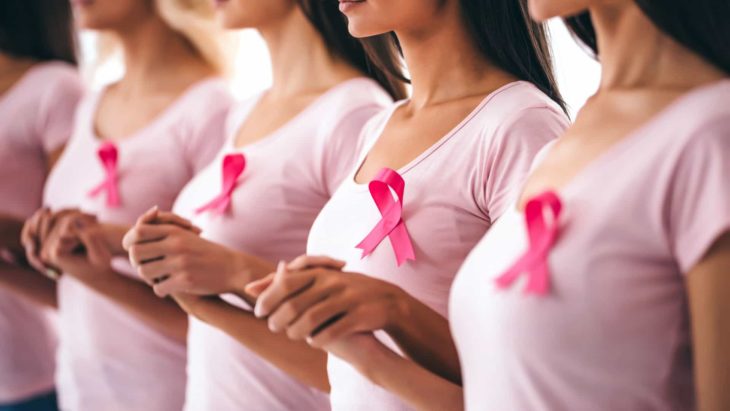Cancer is one of the leading causes of death in the US and other parts of the world. Unfortunately, despite the billions of dollars spent on research, cancer deaths, and new patients diagnosed with the disease continue to increase at a rapid rate. But there is a bright hope for the future. Over the last two decades, millions of lives were saved due to increased awareness of the benefits of early diagnosis. This decrease in mortality is directly associated with advancements in cancer treatment and methods of detection.
Contents
Fuelling progress through clinical trials

source: unsplash.com
One of the most instrumental factors in the advancement of decreasing cancer mortality is conducting clinical trials. These trials are studies that involve patients where the aim is not only to treat but also manage the side-effects of the proposed treatment. Without sufficient awareness, organizations conducting these studies struggle to find participants. In this regard, how is social media changing the landscape and increasing more participation and awareness?
One excellent example is the proliferation of apps and online networks that bring together health care professionals, patients, and other organizations. A patient diagnosed with breast cancer can submit a breast cancer support group application online such as belong.life to connect with a broad network of individuals providing information, support, and any other help possible. Similarly, these platforms can also pave the way for patients to find the right avenue and participate in a clinical trial.
These social media platforms empower and engage patients to become more proactive about their treatment. The less these patients fear new treatment options, the easier it is for research organizations to push through with trials and get the results they want.
Indeed, social media is opening new doors by educating people that clinical trials should not be feared but encouraged to address many of the challenges faced by the medical industry when it comes to reducing the adverse effects of cancer on populations around the world.

Source: Facebook
In line with promoting clinical trials, social media can become a powerful tool in dispelling misconceptions. The general public should be educated about why these trials are essential and what the researchers want to achieve by conducting them.
Health care providers, especially oncologists, should also become more active on social media platforms to correct any wrong information about clinical trials. For example, many people think that these trials are only applicable to patients who are out of treatment options.
Another benefit of these channels is increasing the accessibility for patients who wish to apply for a trial. One of the main deterrents to patient participation is the lack of available access to how and where they can find out if they are eligible for a test. Instead of merely educating, these channels can easily connect a patient to a research facility. Again, there is urgency in this matter because the sooner clinical trials are conducted, the faster we can find out about the results.
You may not be aware of this, but when a clinical trial does not get enough participants, it could ultimately close down. Imagine the amount of wasted funding, not to mention the time and effort put in by the researchers. When these research trials get closed, we take another step back in finding a viable treatment for cancer.
Has there been any progress so far?

Source: Notícias ao Minuto
The trend of using social media to raise cancer awareness was slow in the beginning. Some early attempts included researchers from the University of Southern California using Twitter to recruit participants for clinical trials. Nowadays, there are many online communities on Facebook, where patients can freely join and connect with people who have been diagnosed with the same disease.
There is a lot to take away when patients join these groups. For one, it opens opportunities to find out how other patients approach their treatment plan and perhaps consider trying the same. Patients who are recovering can provide emotional support for others who have just been diagnosed. More importantly, there is free sharing of information coming from medical experts who are also part of the community. You can contact oncologists, therapists, and other patient care providers conveniently through these channels.
In addition to social media channels like Facebook and Twitter, there are also online platforms specifically created for the same purpose. Belong Life, for example, is an online support group with a broad network of patients, doctors, and other individuals actively engaged in providing patient care and assistance. These channels not only inform but help ease much of the strain experienced by people who are going through treatment or have just been diagnosed with the disease.

Source: Twitter
One of the biggest concerns with using social media to advocate cancer awareness is patient privacy. Unfortunately, channels like Facebook and Twitter cannot guarantee the implementation of protocols to prevent sharing information. Moreover, you cannot merely post advertisements encouraging people to join a cancer research clinical trial.
However, no one can deny the expansive reach of social media. Perhaps the best way is to disseminate information to encourage potential participants, but use a more secure channel to communicate and share patient details. What cancer support apps are doing right is making sure that members remain confident in the exclusivity and confidentiality of the platform.
Conclusion

Source: Help Them Fight
There are several insights we can get from this discussion. First, there is no denying the importance of social media platforms in raising cancer awareness. Next, we need more knowledge to encourage clinical trial participation as it is crucial in finding new treatments for cancer. And, while there is a concern for privacy, patients can instead join online communities and apply for support groups that will give them access to an extensive network of medical and cancer support professionals.
There is excellent potential with social media, and it can do a lot of good to remove much of the stigma that surrounds cancer. Ultimately, it all boils down to the proper approach and the right user model to avoid issues that may occur with the free sharing of information online.
